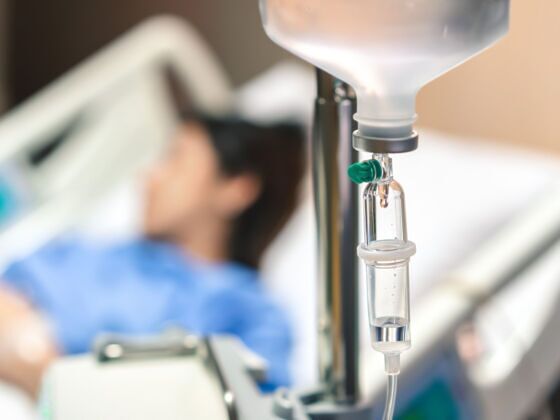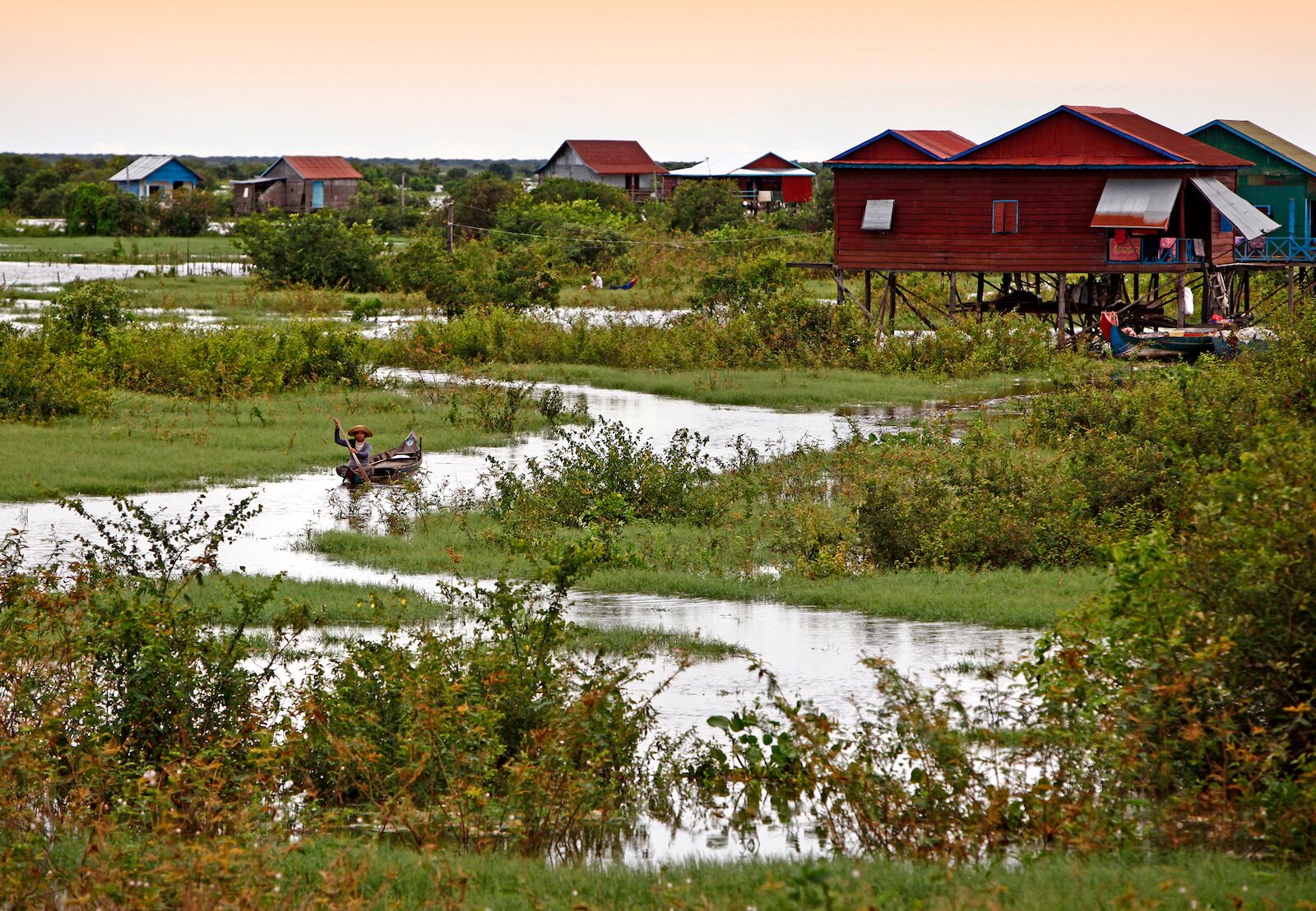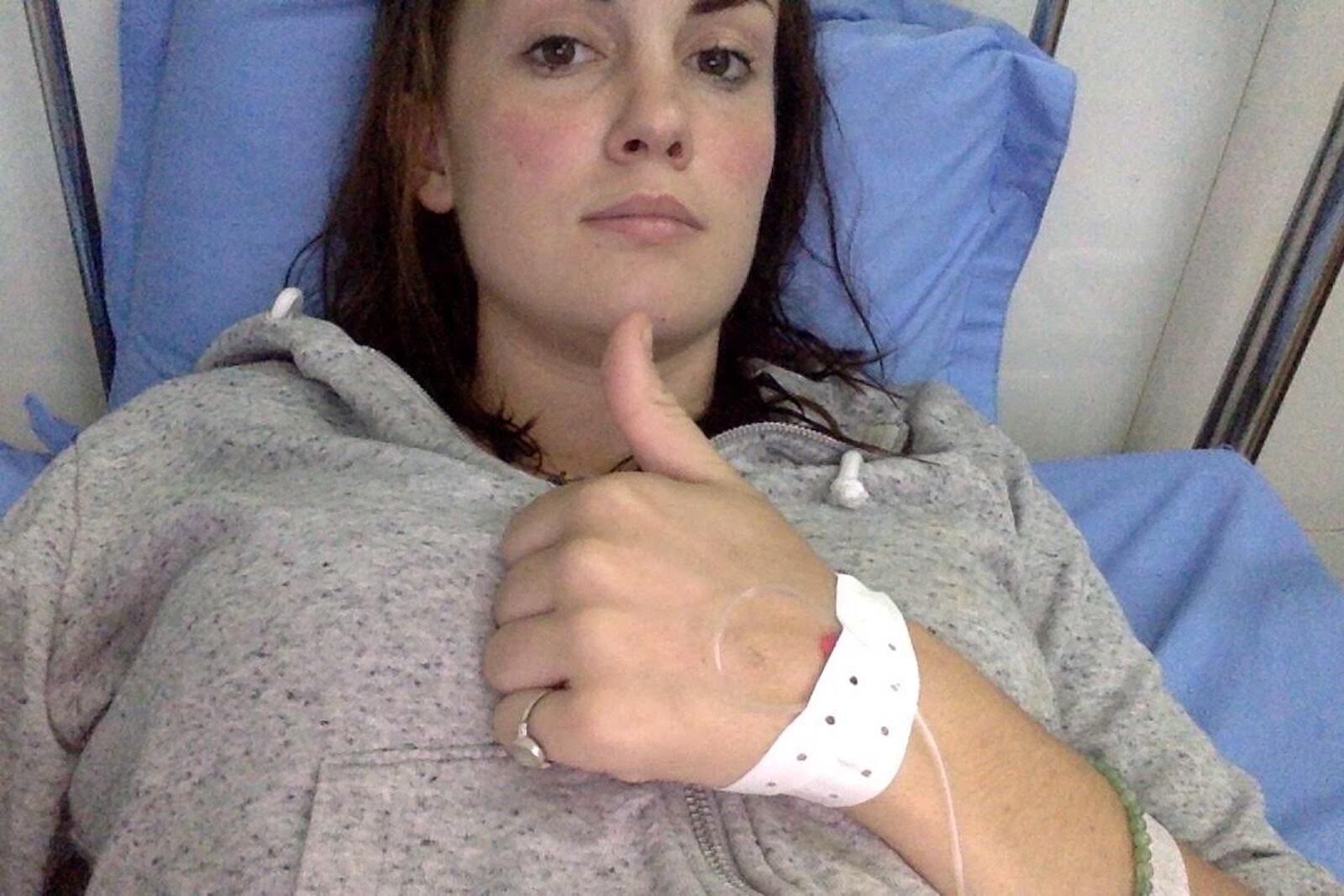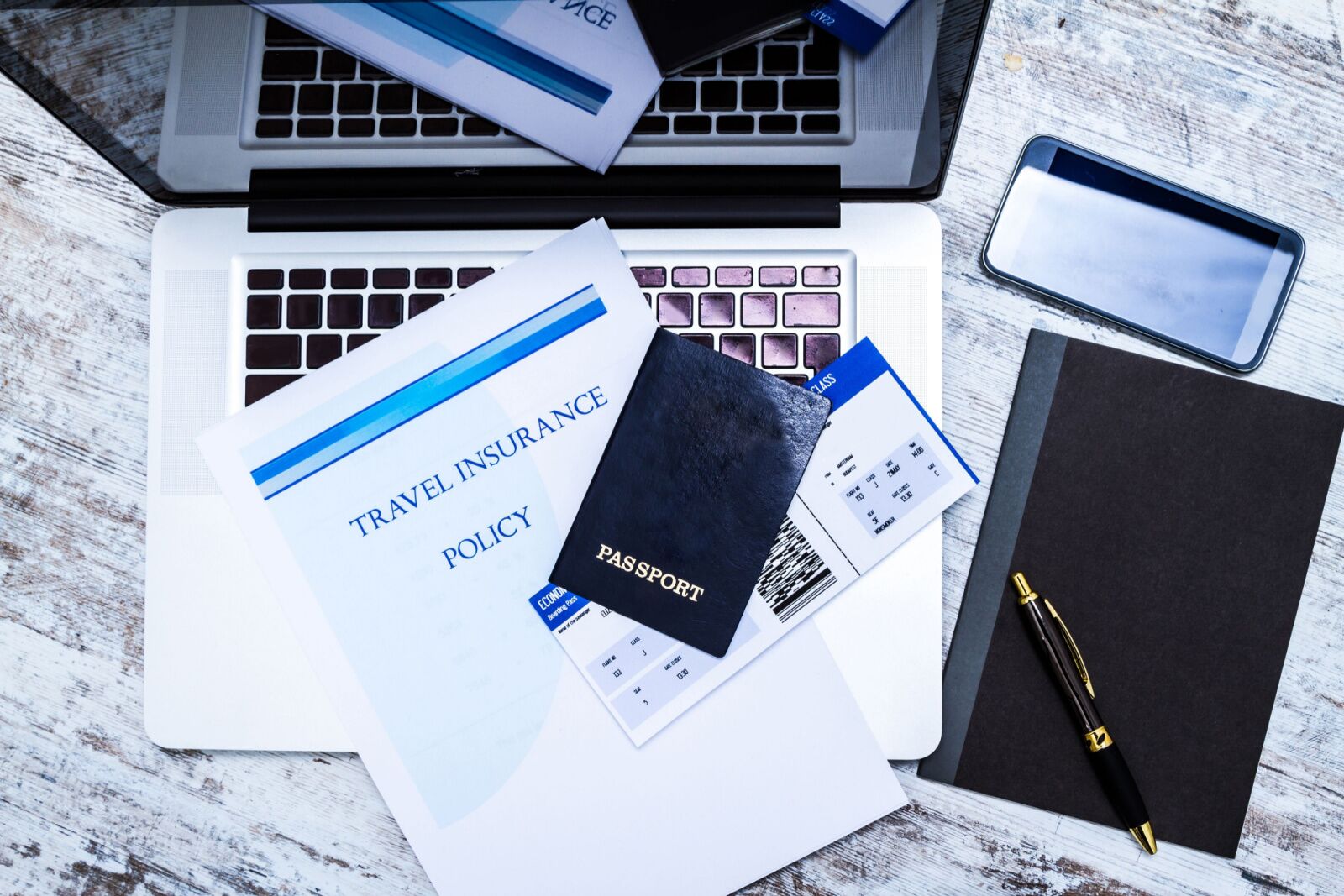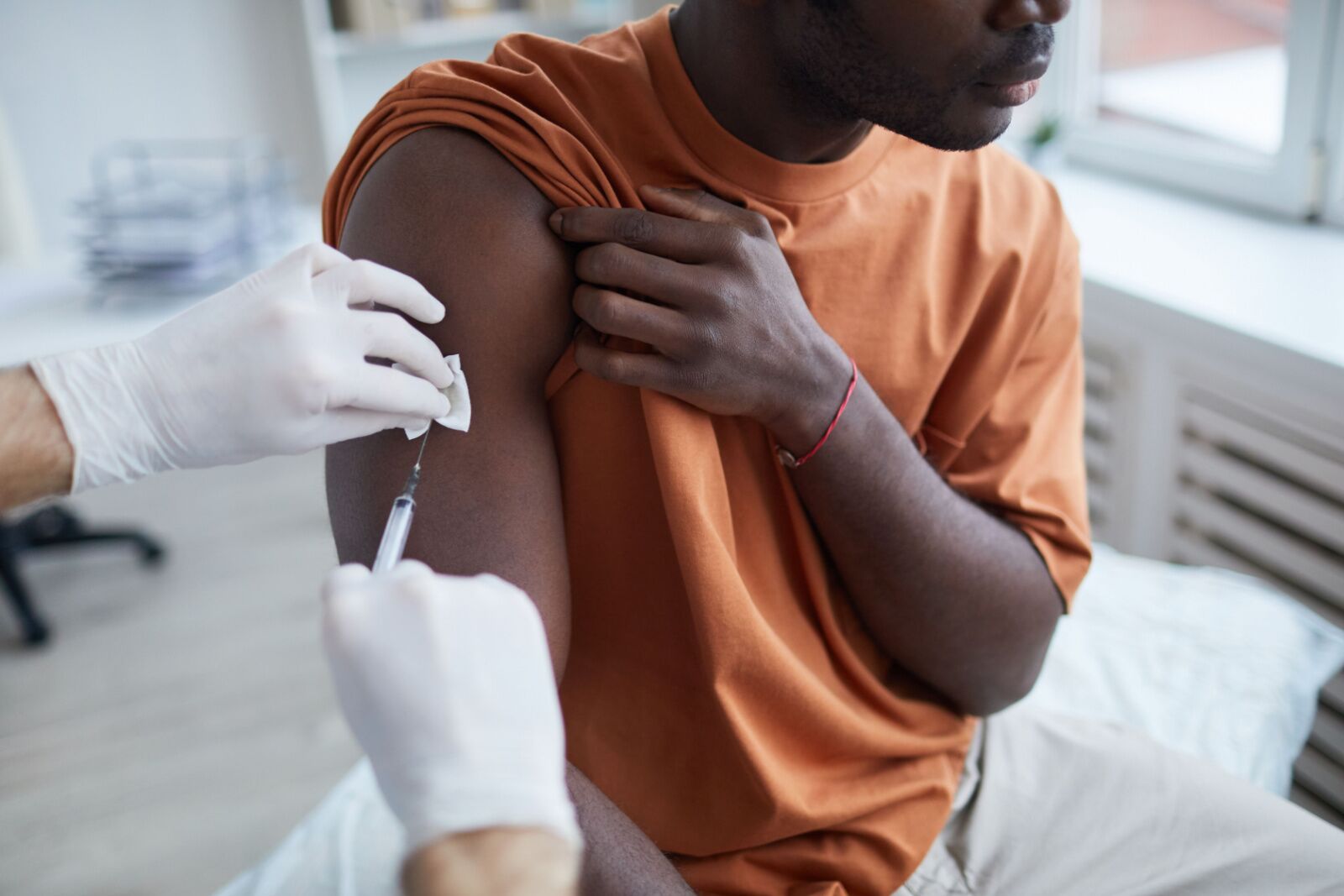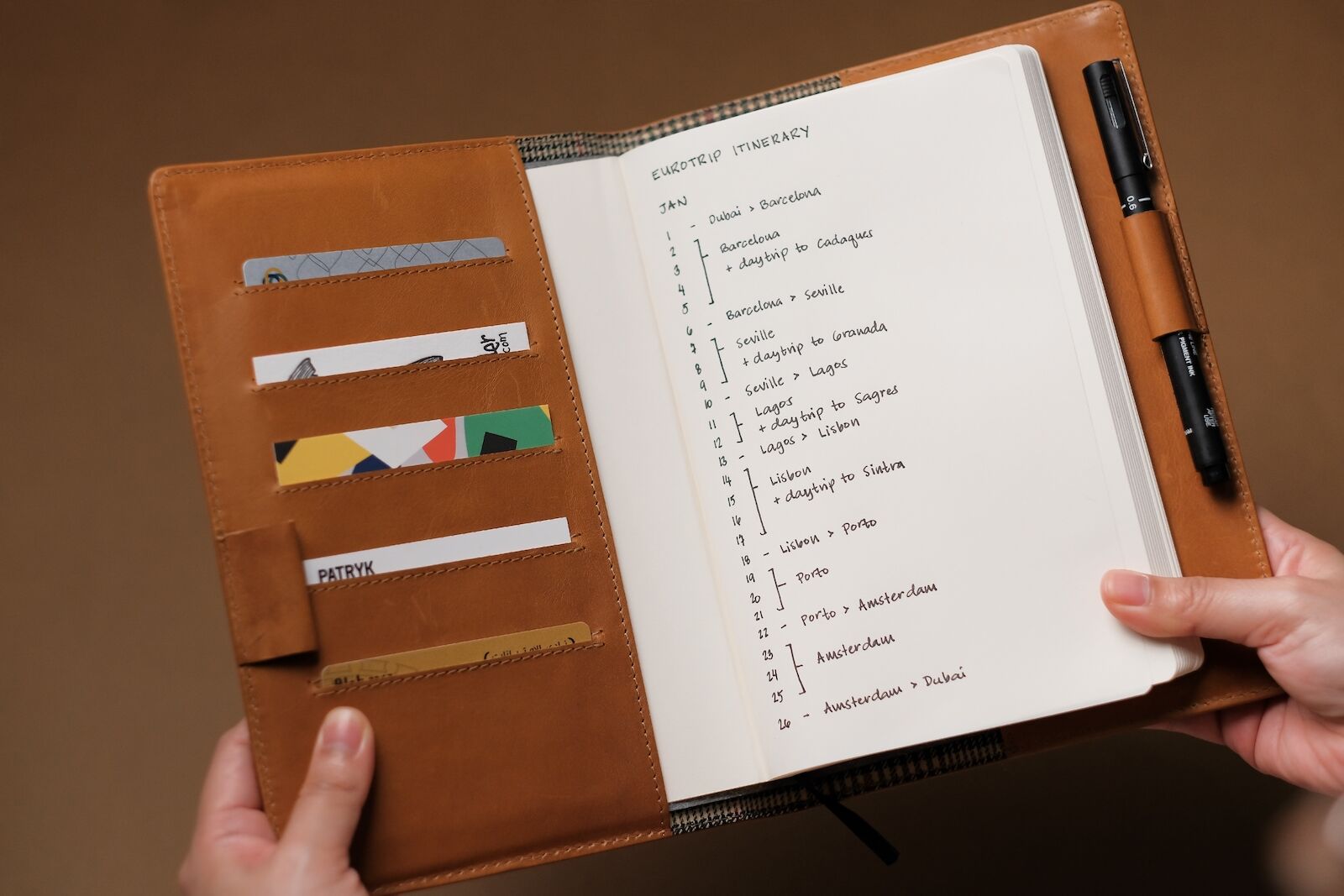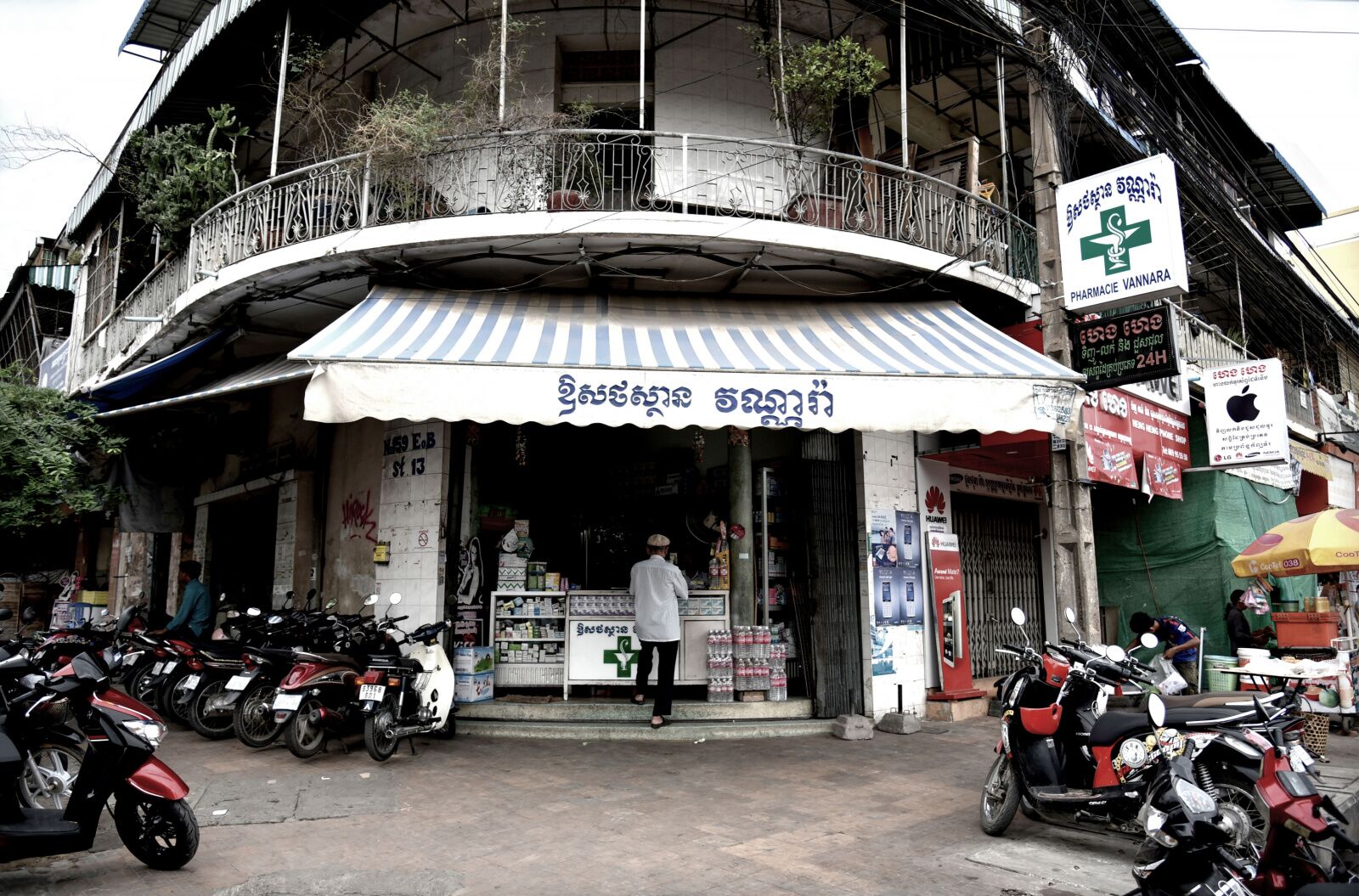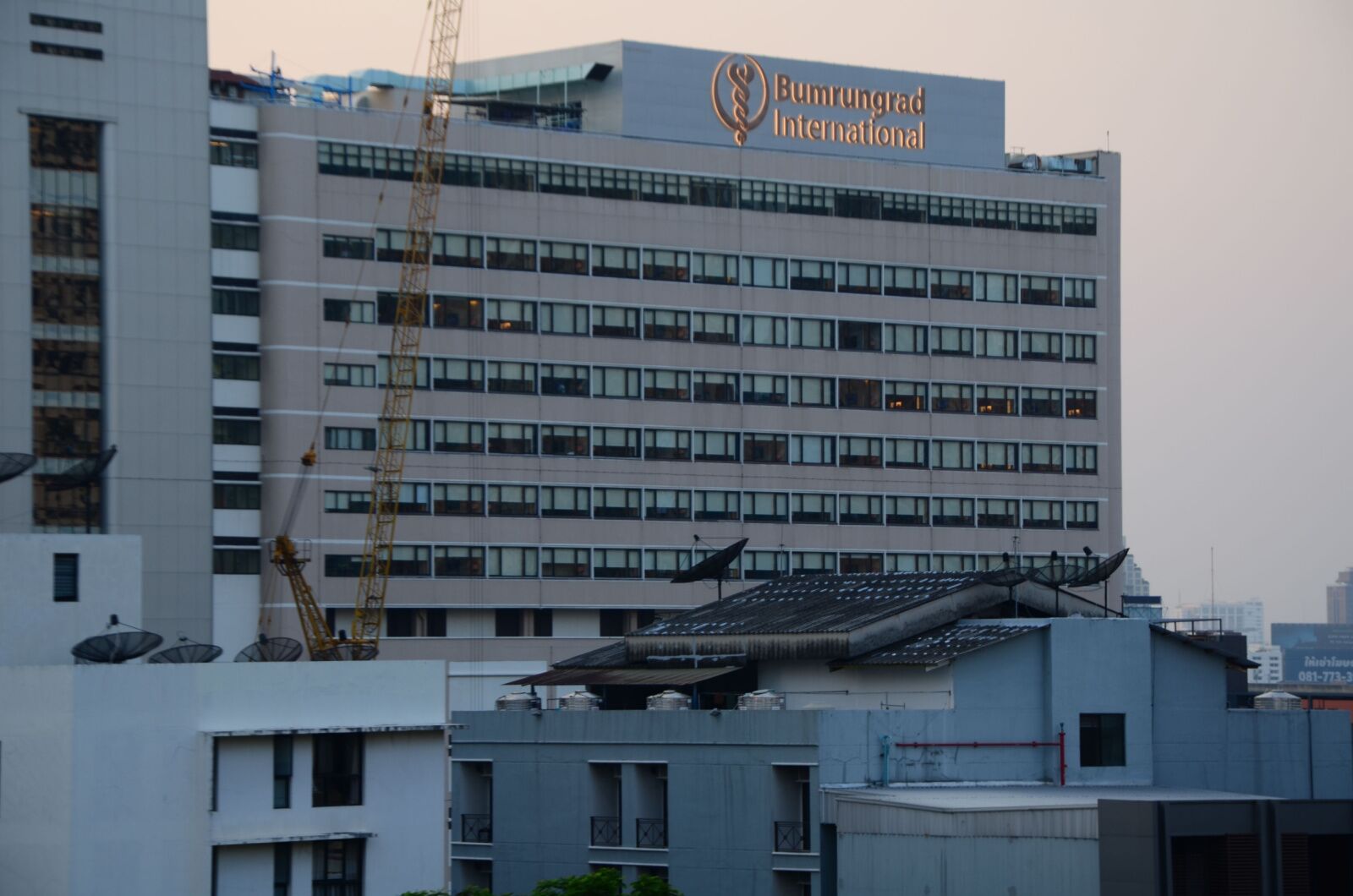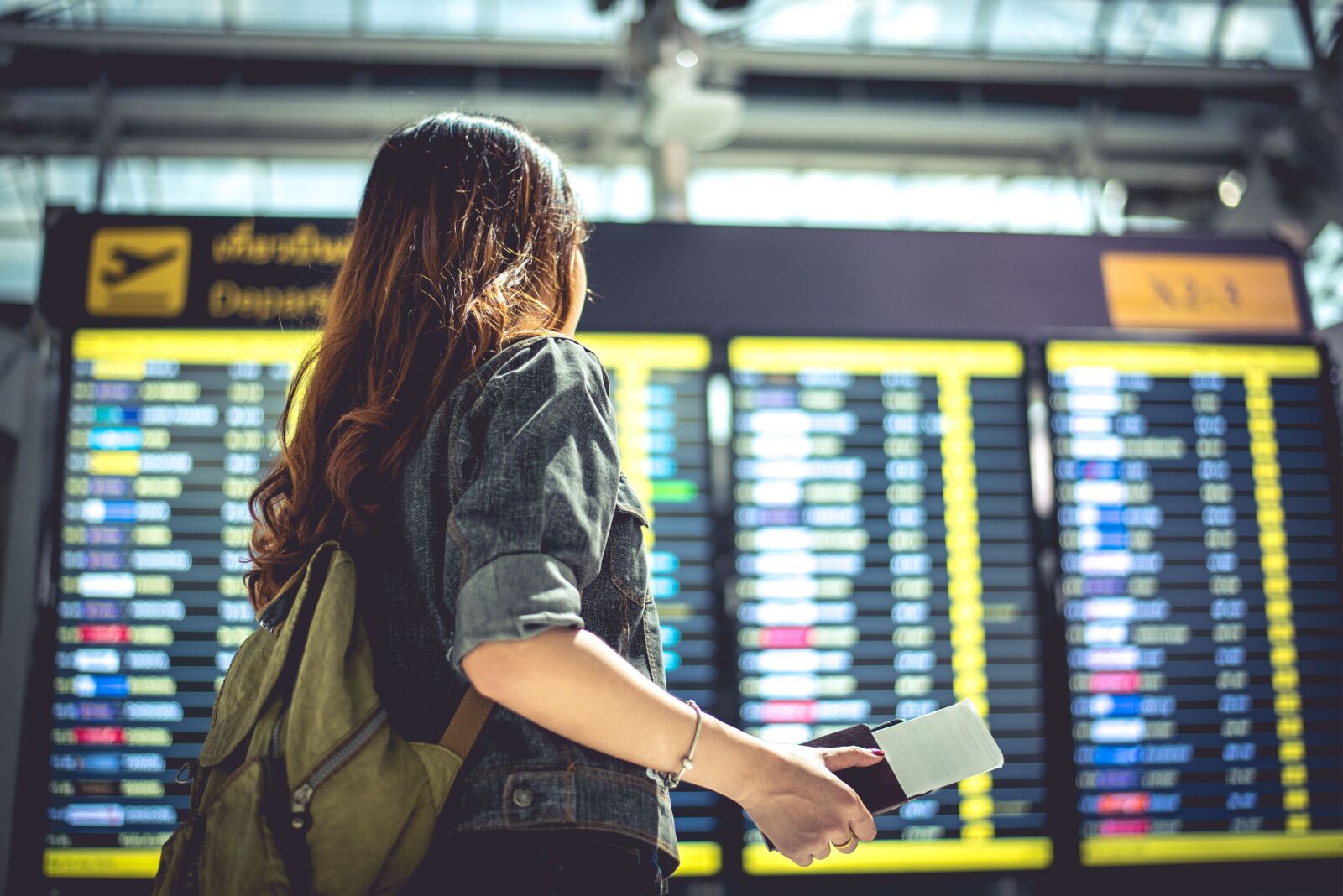It was September, and at that point, I’d spent most of the year living in Siem Reap, Cambodia, after falling in love with the city as a backpacker. To make a living, I worked two jobs, teaching English to first-, second-, and third-graders in the morning, then waiting tables at a restaurant in the evening six days a week.
On this particular day, I’d exhausted my patience trying to get and hold the attention of my students in our tiny classrooms with no windows, so I asked a friend with a tuk-tuk to take me into the countryside for a dose of nature before my restaurant shift began. We traveled 20 minutes out of the city to the end of a dirt road, where wooden huts jutted out over flooded rice paddies and families swam in water the color of coffee with cream. Two double rainbows lit up the sky above us. It was gorgeous, and without a second thought, I got out of the tuk-tuk and jumped in the water.
